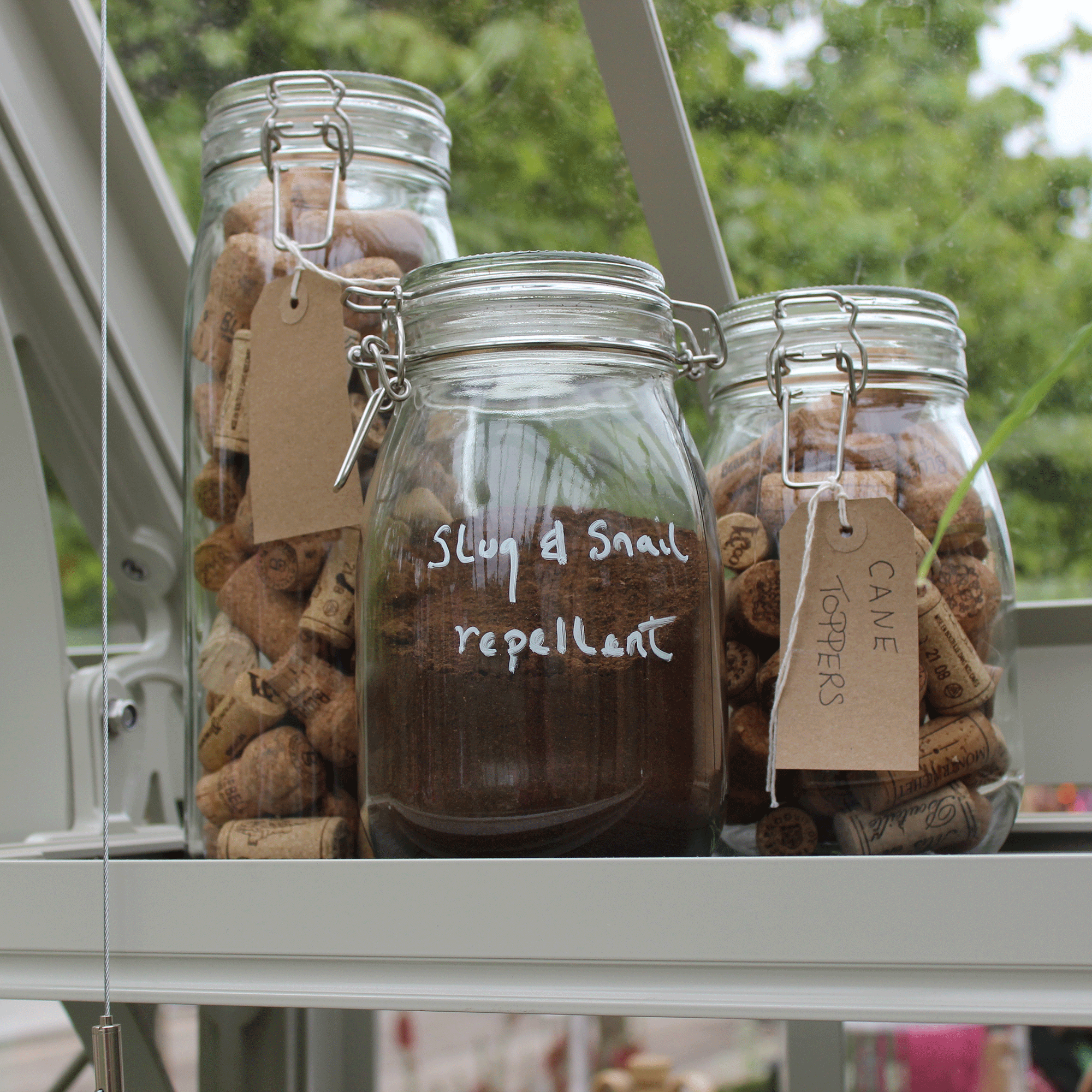
Most of us are partial to a lovely cup of coffee first thing in the morning, especially if it’s made with freshly ground coffee and a state-of-the-art coffee machine. But once the coffee is made, the once precious coffee grounds turn into waste and tend to be discarded. And yet, there are several ways to use coffee grounds in the garden and on plants.
If you too find it wasteful to just chuck away the grounds from your bean to cup coffee machine, then you might be trying to think of what to do with leftover coffee grounds. We’re happy to say that if you have a garden, then there are not one but three ways to employ used coffee grounds that will benefit the health of your garden plants, as recommended by gardening experts.
So if you want to stop certain pests from attacking your garden plants and help your greens thrive with something you would otherwise just throw in the bin, then read on.
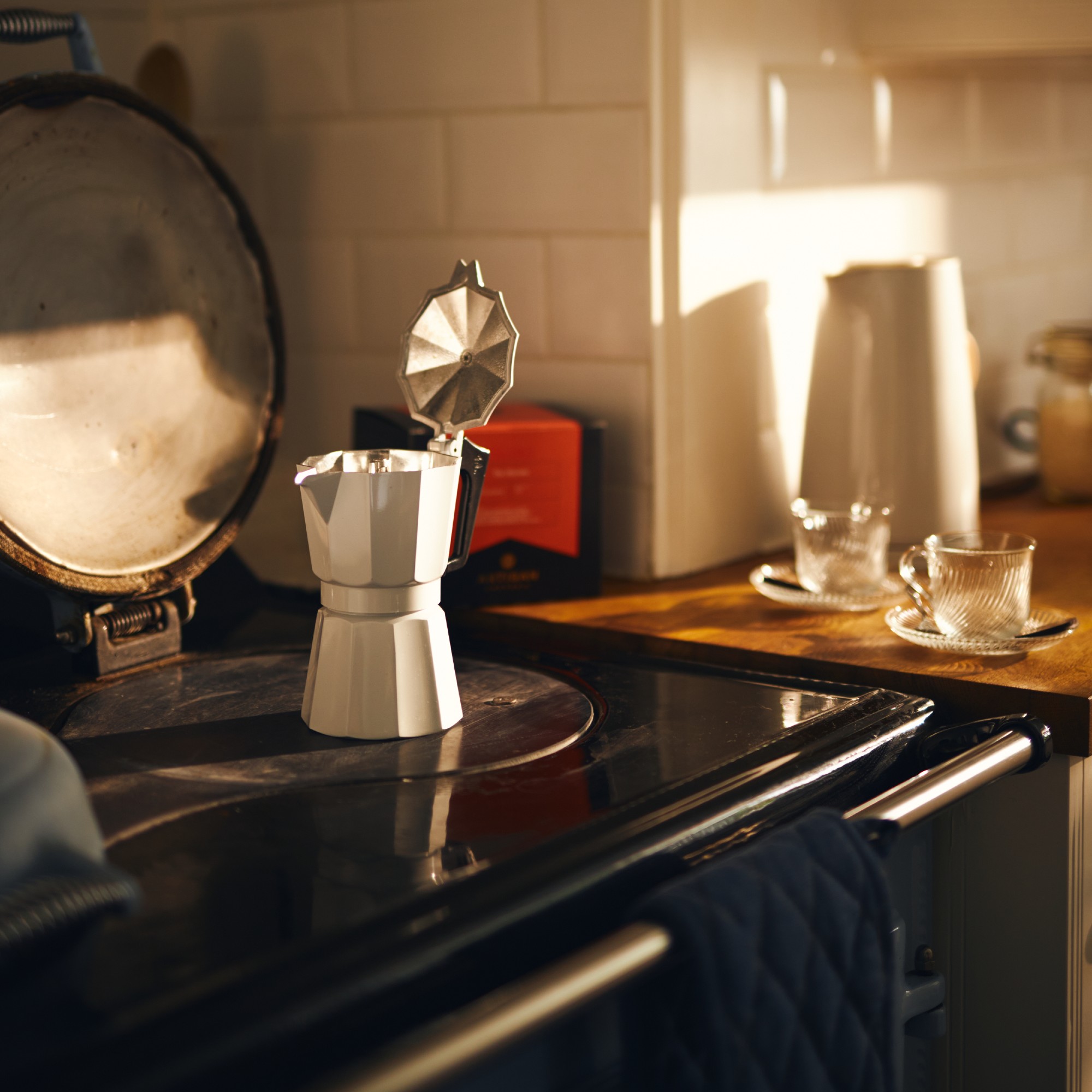
How to use coffee grounds in the garden
It’s amazing how many uses coffee grounds have – they can even be used as a DIY wood stain for your wooden furniture. But they have even more uses when it comes to the garden territory. And in fact, used coffee grounds are even more beneficial than fresh ones.
‘Used coffee grounds will mean that you're wasting less as they've actually been used. Used coffee grounds also tend to rot down quicker,’ says Steve Chilton, garden expert at LeisureBench.
Petar Ivanov, gardening expert at Fantastic Gardeners, adds, ‘Waste products like used coffee grounds can be used in gardening but fresh grounds shouldn't be used unless it's necessary. You'll need to keep the caffeine and pH levels in mind when using fresh grounds.’
These are the 3 best ways to utilise used coffee grounds in the garden.
1. Compost
Since used coffee grounds decompose so well, they are a great way how to make compost as they are a great source of nitrogen and potassium, which are very nutritious for your plants.
‘Adding coffee grounds to compost containers or worm bins is the safest way to use coffee grounds in the garden. Making homemade compost this way improves the soil structure and makes the plants planted in it grow better,’ Petar recommends.
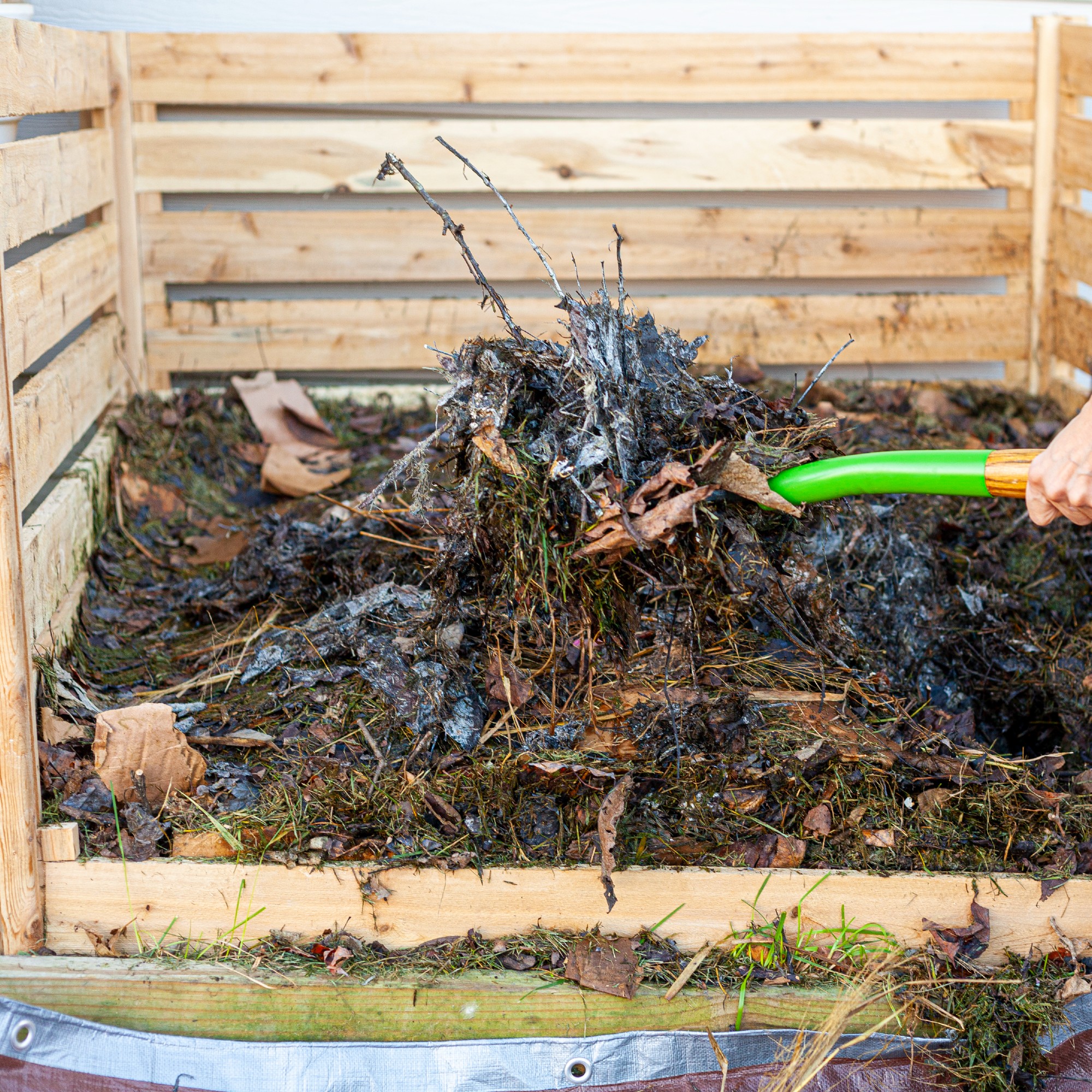
2. Deter pests
‘You can also use coffee grounds as a natural deterrent for certain pests,’ Steve starts. Most commonly, they are used as a natural method how to get rid of slugs.
Steve continues, ‘Coffee grounds have been known to deter slugs and snails due to its abrasive texture and smell. Sprinkling coffee grounds around vulnerable plants can create a barrier which can often help keep them away.’

3. Natural fertiliser
Used coffee grounds also work a treat as a natural plant fertiliser for certain plants varieties.
‘Coffee grounds are also sometimes used as a natural fertiliser, which is done so by sprinkling them onto the soil,’ Steve says.
Coffee grounds especially benefit acidic-loving plants since they are themselves rather acidic. These include ‘hydrangeas, mushrooms, blueberries, magnolias, azaleas and rhododendrons,’ according to Steve.
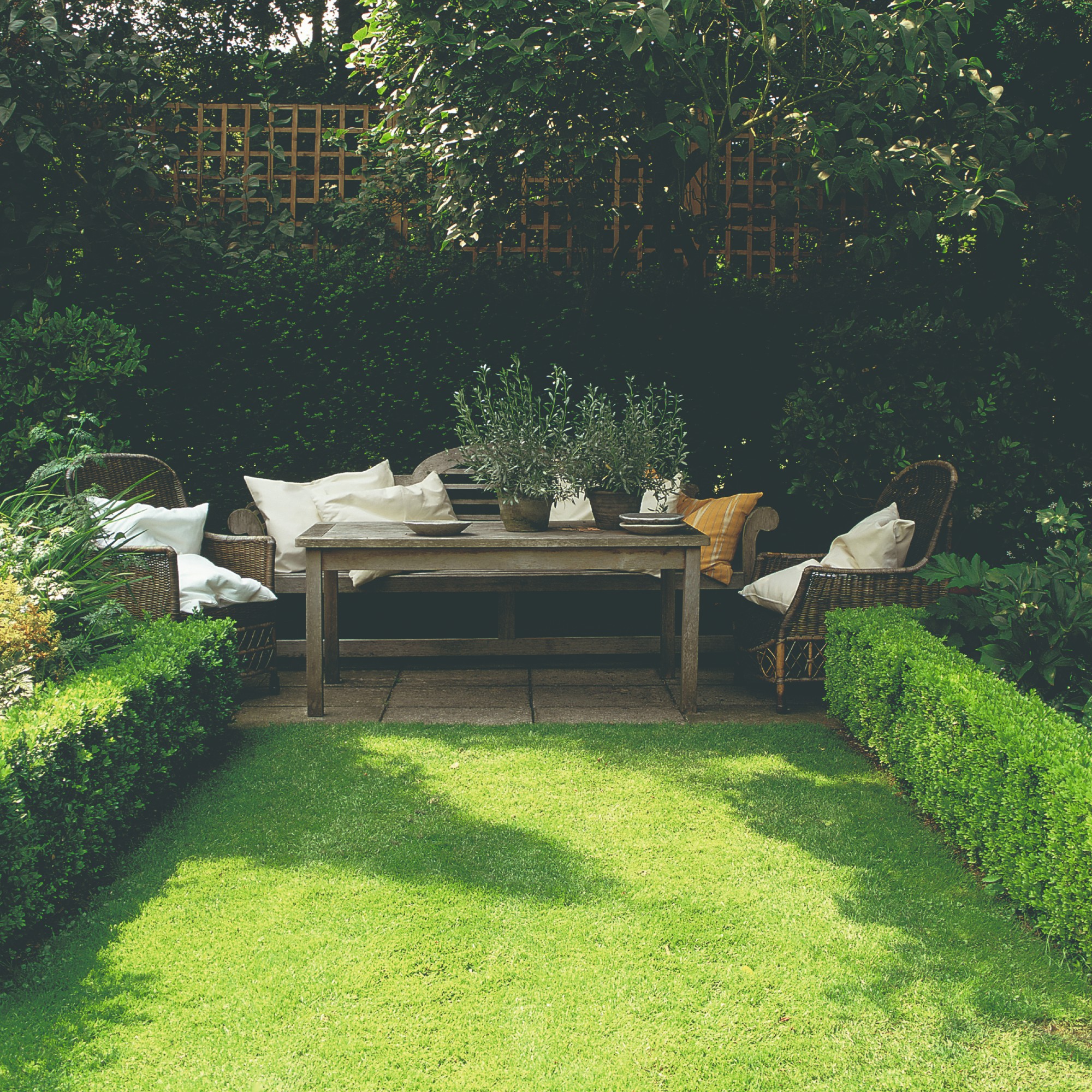
FAQs
Which plants do not like coffee grounds?
While some plants are acidic-loving and therefore love the effect of coffee grounds, there are others that just hate it.
‘You should avoid using it on anything that prefers an alkaline soil - so the likes of tomatoes and lavender,’ Steve explains.
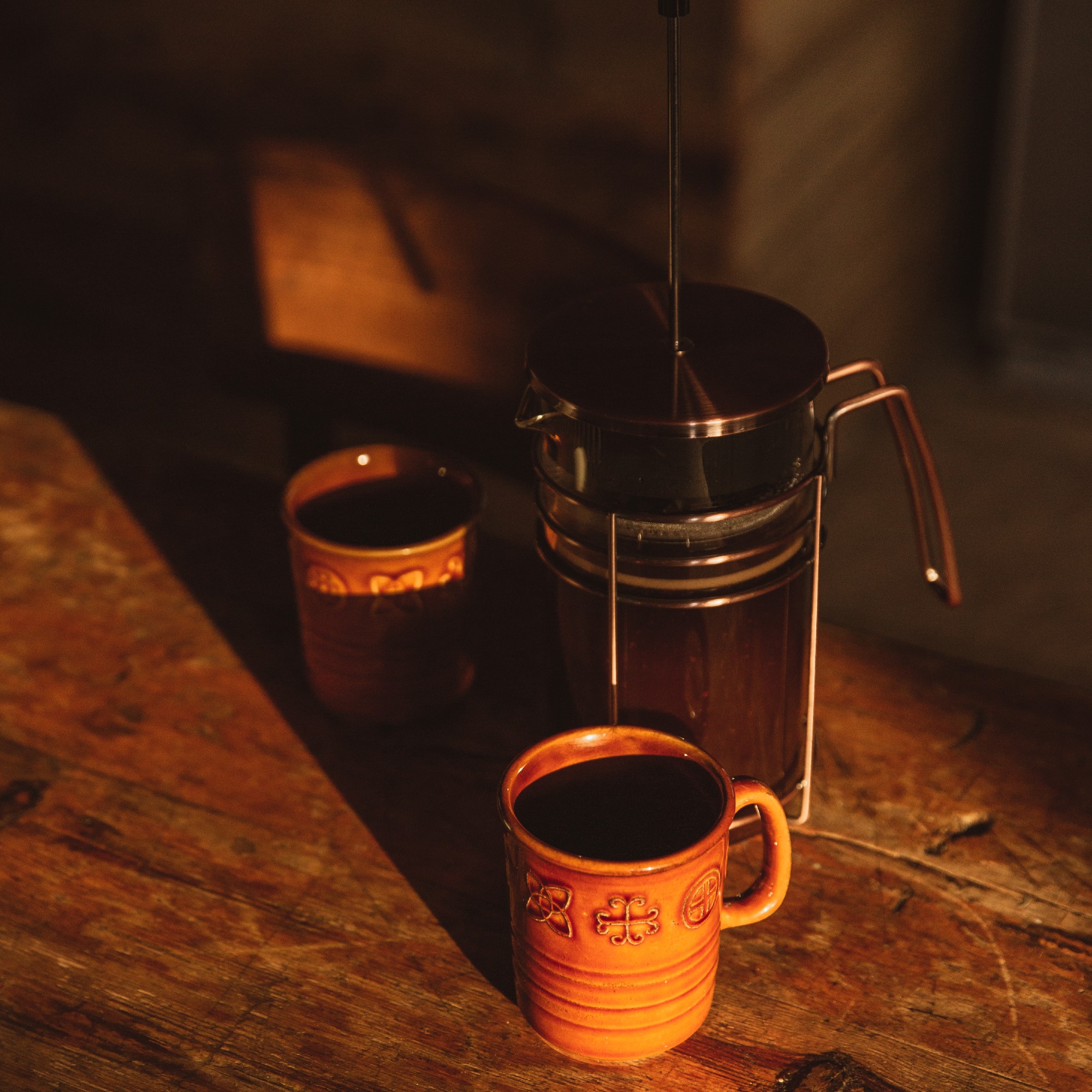
Do coffee grounds deter slugs?
As previously mentioned, coffee grounds are an effective pest deterrent, especially when it comes to slugs and snails.
‘Diluting brewed coffee with equal parts water is enough to achieve the desired results when looking to deter slugs. The use of coffee grounds has been suggested in the past as an organic means of keeping slugs and snails out of vegetable and flower gardens and it's confirmed that they repel slugs, but some gardeners say that a caffeine solution is more effective,’ Petar advises.
So no more throwing out of perfectly good and useful coffee grounds! There is a wealth of things you can do with them instead.



.png?w=600)



